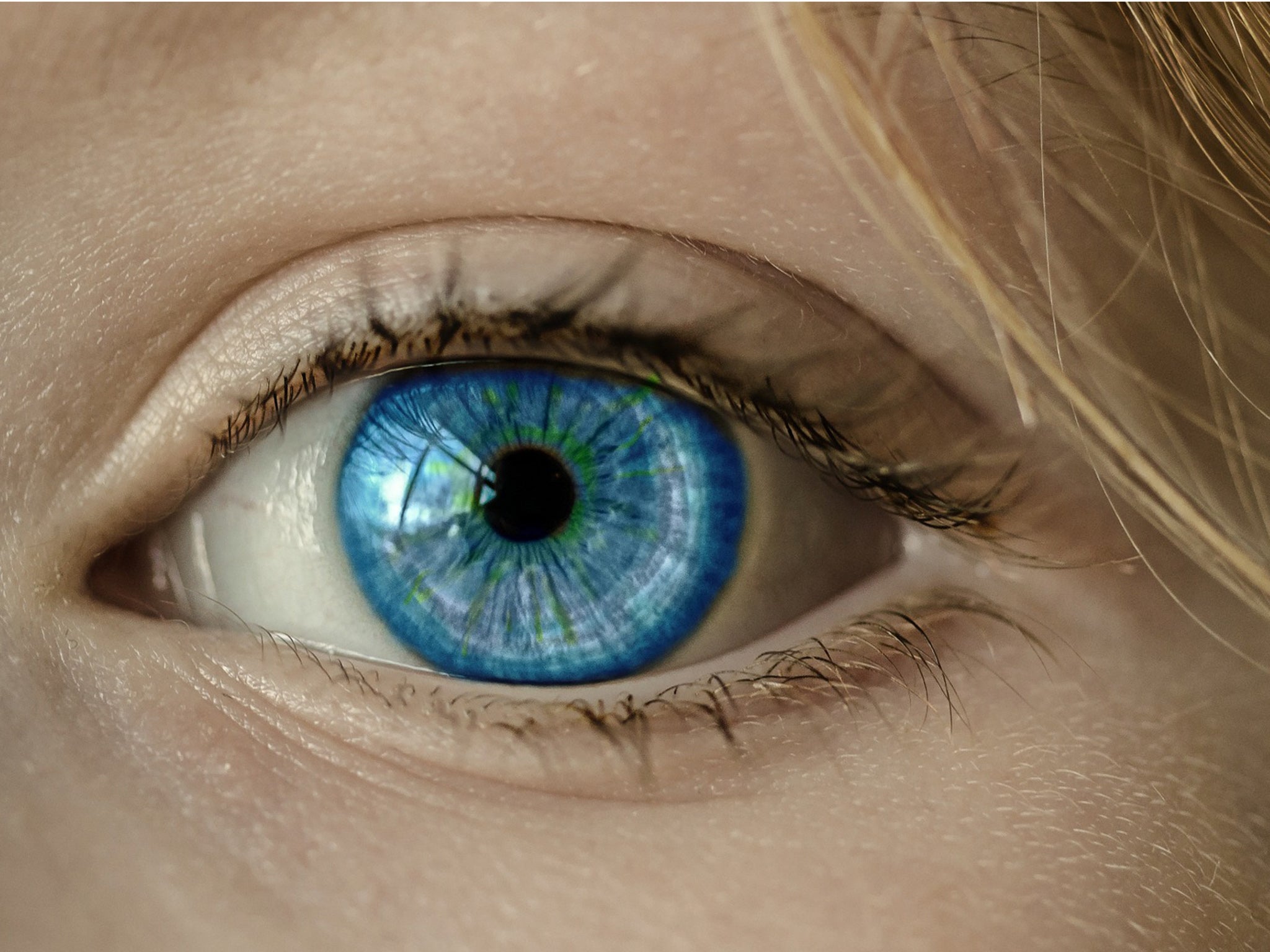What causes floaters in the eye?
What is the cause of the little spots that float across your vision?

Your support helps us to tell the story
From reproductive rights to climate change to Big Tech, The Independent is on the ground when the story is developing. Whether it's investigating the financials of Elon Musk's pro-Trump PAC or producing our latest documentary, 'The A Word', which shines a light on the American women fighting for reproductive rights, we know how important it is to parse out the facts from the messaging.
At such a critical moment in US history, we need reporters on the ground. Your donation allows us to keep sending journalists to speak to both sides of the story.
The Independent is trusted by Americans across the entire political spectrum. And unlike many other quality news outlets, we choose not to lock Americans out of our reporting and analysis with paywalls. We believe quality journalism should be available to everyone, paid for by those who can afford it.
Your support makes all the difference.‘Floaters’ are the little dots and shadows that float across your vision.
Sometimes floaters will go through your eye and you won’t even notice, because your brain is hard-wired to adapt your vision to environmental changes.
Other times, floaters can be quite alarming. Dots and lines going across your vision might make it difficult to concentrate and cause confusion, and the rest of your vision can become blurry if you’re worried and focusing on the floaters.
Generally, floaters are nothing to worry about – even if they are a hassle. They are caused by debris floating into your eyeball.
The eyeball is coated in a jelly-like substance which the debris floats on top of, so having floaters in your eye shouldn’t do you any harm.
What they will do is cast a shadow on your retina by blocking out a section of the light that is going into your eye – this is what causes the dark spots.
As you get older, you’re likely to experience floaters more often as the vitreous jelly over your eyeball becomes softer, and strands of collagen appear within it. This is called posterior vitreous detachment.
As the vitreous humour in the centre of your eyes becomes softer, the outer ‘cortex’ part of it begins to shrink away.
This cortex part contains more collagen, and the collagen will clump together and harden as it shrinks. The floaters you see are bits of collagen floating in your eye. This is common among people in their 60s and 70s.
Floaters can also be a symptom of retinal tears. By the time half of people reach 50, the vitreous humour has separated from the retina.
Generally, this is fine – but sometimes it can pull on the retina, causing blood vessels within it to burst – this is what is called a retinal tear. Tiny bits of blood might cause floaters in the eye.
Floaters are not always a sign of a retinal tear, but if you suspect you may have one you need to make an appointment at the opticians. Having a retinal tear puts you at risk of retinal detachment, which is when the retina detaches from the rest of your eye.
This can damage your sight, but is extremely rare – it only happens in about one1 in 10,000 people.
"In the majority of cases, floaters are a normal part of the ageing process," says Daniel Hardiman-McCartney, Clinical Adviser for the College of Optometrists.
"However, occasionally a sudden increase in floaters may be a sign of a more serious eye disease such as a retinal detachment. If you notice an increase in floaters, you should contact your optometrist straight away.
"Your optometrist will be able to assess the causes of the floaters and establish whether you need to be seen by an ophthalmologist. If you cannot do this you should seek urgent attention from your local eye casualty department.”
Join our commenting forum
Join thought-provoking conversations, follow other Independent readers and see their replies
Comments